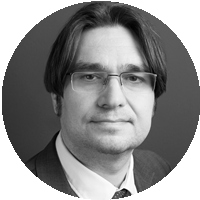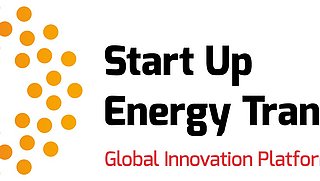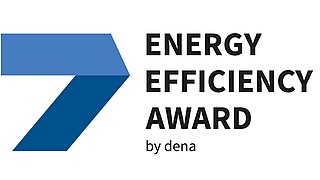Neighbours as electricity suppliers
In its latest report, dena sets out the implementation models for energy sharing that are conceivable and already possible within the current legal framework.
-
 © HoffotografenSebastian Boie
© HoffotografenSebastian BoieSenior Expert, Communications T: +49 30 66 777 - 168 sebastian.boie(at)dena.de
Berlin, Germany, 7 August 2024. Energy sharing offers the potential to increase acceptance of the energy transition, support the expansion of renewable energies and contribute to optimised use in the local communities. In Germany, this model is already possible with the involvement of established market players. However, energy industry regulations are blamed as major hurdles in the implementation of energy sharing communities, particularly for new players. This is because the participants are considered electricity suppliers and must fulfil corresponding obligations. At European level, the Electricity Directive has simplified supplier obligations with the introduction of the so-called ‘active customer’. The report entitled ‘Energy sharing: From concept to energy industry implementation’, published today by dena, together with the Institute for Future Studies and Technology Assessment and B.A.U.M. Consult, shows what should be simplified in Germany. Various models are used to outline how the distribution of roles in the energy industry and the exchange of data can be structured.
‘There are already specific regulations for energy sharing in other EU countries such as Austria and many citizens are participating in them. In Germany, too, the European right to energy sharing now needs a feasible legal framework. It should not only clarify the privileges and criteria that have been granted, but also take into account the existing roles in the energy system and the distribution of responsibilities among the various local stakeholder constellations,’ expresses Corinna Enders, Chairperson of dena’s Management Board.
Energy sharing in Germany is already possible with the participation of market players. The first model in the report shows members of energy sharing communities offering their unused electricity to a central supplier who supplies all consumers. In view of the further development of the legal framework, other models that differ in particular in the way the energy sharing communities as a whole, its members or its service providers fulfil energy industry tasks are also conceivable in Germany in the future. The second model is based on the European models: The energy sharing community itself or intermediaries become the supplier. The third model looks to the more distant future: Energy and commercial supply relationships exist within the energy sharing communities between decentralised producers, prosumers and consumers without the intervention of energy suppliers.
Both a clear legal framework and a regulated handling of data and a secure digital infrastructure are necessary in order to efficiently connect many decentralised producers and consumers within the energy sharing communities and in cooperation with external players in the energy system. The granular balancing of generation and consumption is centralised for every conceivable model, making it efficient and fast. Smart metering systems are currently creating a good and secure basis in Germany, not only for data collection but also for control of systems. Based on this, billing can be based on variable rates and the use of the digitally supported energy systems can be optimised, planned and even controlled automatically.
The further development of the legal framework offers future opportunities for new players on the energy market. However, established and innovative energy supply companies can also benefit from new business models and play an important role in the implementation of energy sharing, as the project also demonstrates and investigates in practice in the pilot community with SWW Wunsiedel GmbH.
About the project
The report was created as part of the ESCdigital – Digital Technologies in Energy Sharing Communities project of dena’s Future Energy Lab in collaboration with B.A.U.M. Consult GmbH and Institut für Zukunftsstudien und Technologiebewertung gGmbH. The ESCdigital project shows in a pilot community with SWW Wunsiedel GmbH how energy sharing can be implemented in Germany today as well as promotes exchange with and among stakeholders from areas such as grid operation, energy supply, community energy, municipal companies and digitalisation.


![[Translate to English:]](/fileadmin/_processed_/2/e/csm_250318_JDENA_PHT021_01_cc4dc7d460.jpg)